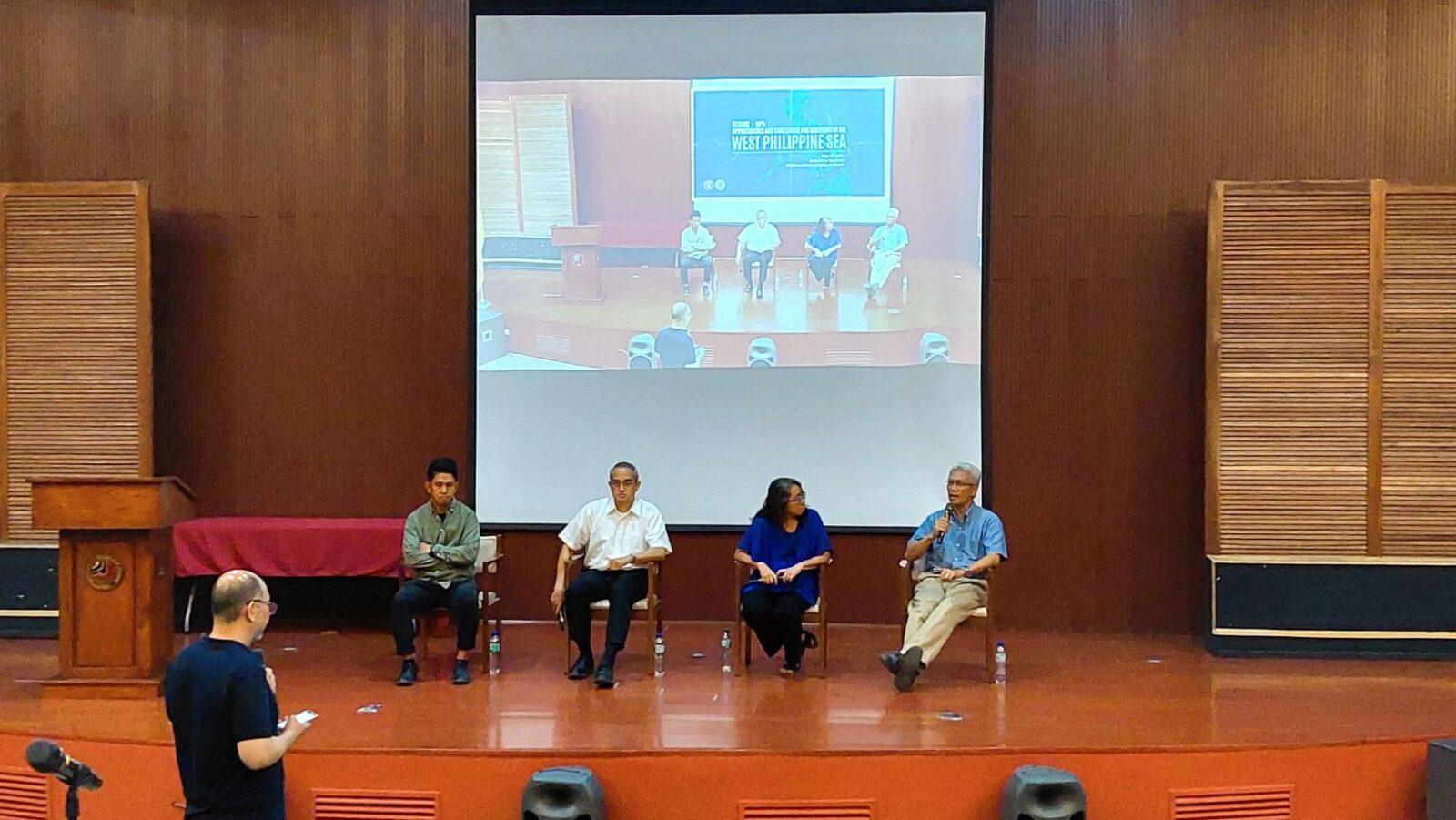•Earth Hour alone isn’t enough to solve the world’s energy problems, and may even encourage a dangerous line of thinking.
•However, as an awareness campaign, the value of Earth Hour can’t and shouldn’t be disregarded.
•Ultimately, only two things can save the environment: long-term, sustainable solutions and strictly implemented legislation.
(Updated on March 26, 2021) The whole world is set to celebrate Earth Hour once again. Who would’ve thought that a 2007 community event in Sydney, Australia would boom into a global movement?
In fact, seeing prominent landmarks hiding in the veil of darkness for an hour has pretty much become an annual exercise now.
But before you turn off your lights, ask yourself: On its own, does this annual celebration really make a difference?
No, it doesn’t…
“I’m not so sure about that,” said Maggie Koerth-Baker, author of Before the Lights Go Out: Conquering the Energy Crisis Before It Conquers Us, in an article on HuffPost.
According to the veteran science journalist, people seem to get the wrong message from the movement.
“I think Earth Hour is exactly the wrong way to go about educating the public on energy issues. Earth Hour isn’t specifically about saving energy. It’s only one hour, one day a year. Whatever energy is saved by the event would be so small as not to matter at all.”
Koeth-Baker outlined three major problems with Earth Hour.
First, the potential for disillusionment is high, especially when one considers that there’s actually a “small, temporary uptick” in energy consumption the moment ALL the lights go back on simultaneously.
The second problem is the possible “reactionary pushback” from people who perceive Earth Hour as nothing more than an attempt to bring us back to less technologically advanced times.
Last but not the least, it may also encourage the dangerous notion that switching off your lights for an hour, once a year, is enough to save the environment.
All things considered, Koeth-Baker certainly makes a valid argument — an argument that others support as well.
…But it’s not that simple
However, that doesn’t mean we should dismiss Earth Hour just yet.
According to Ivy Amor Lambio, assistant professor from the UP Los Baños Institute of Biological Sciences, the celebration is just a starting point. In fact, she recognizes the movement’s role in awareness-raising and mobilization.
“They have to look beyond turning off the lights for an hour,” she said. “It’s a campaign for environmental awareness, for the conservation of biodiversity, and for people to reconnect.”
The World Wildlife Fund (WWF), the organizer of Earth Hour, has stated that Earth Hour goes beyond mere energy conservation. The group maintains that Earth Hour mobilizes people to push for “environmentally-friendly laws and policies to crowdfunding.”
To be fair, WWF has been calling for reforms in legislation. Some examples include WWF’s support for laws that address coastal conservation in East Africa and wildlife trafficking in the United States.
Policymaking and the Philippines
Despite their differences, all sides agree on one thing: policymaking.
According to Koeth-Baker, environmentalists shouldn’t view environment-related issues to be outcomes of individual choices.
“The problem isn’t individual choices. The problem is the infrastructures that we share,” she said.
For her, the problem is a systemic one that is primarily addressed by public policy. These systems are reinforced by institutions such as businesses and governments. After all, the interactions between these players are primarily responsible for the heavy consumption of our natural resources.
Additionally, according to a 2014 study, policy change should translate short-term initiatives like Earth Hour into long-term, sustainable programs.
Prof. Lambio said that the Philippines has already tons of environmental laws. Among these laws are the Solid Waste Management Act (RA 8003), Clean Air Act (RA 8749), Clean Water Act (RA 9275), and the Department of Energy Act (RA 7638).
But do these laws guarantee an environment-friendly Philippines? Unfortunately, the answer to that’s a big “no.”
“The main problem now is in the implementation,” she said.
At its core, Earth Hour is an instrumental grassroots movement. We may see it either as a beneficial or controversial initiative, but one thing’s for sure: It continues to highlight a worldwide discourse about an issue that matters and should matter to all of us. –MF
Cover photo: World Wildlife Fund
References
- http://wwf.panda.org/knowledge_hub/where_we_work/east_african_coast/
- https://www.earthhour.org/what-is-earth-hour
- https://www.huffpost.com/entry/earth-hour_b_1390247
- https://www.sciencedirect.com/science/article/pii/S2214629614000474
- https://www.theguardian.com/world/2018/mar/23/its-more-than-just-turning-off-the-lights-what-else-to-do-for-earth-hour
- https://www.worldwildlife.org/press-releases/wwf-supports-new-legislation-to-address-wildlife-crime
Author: Cesar Ilao III
Cesar III is currently a BS Development Communication student from the University of the Philippines Los Baños. As a science communicator, he is passionate about sharing science to all Filipinos.







